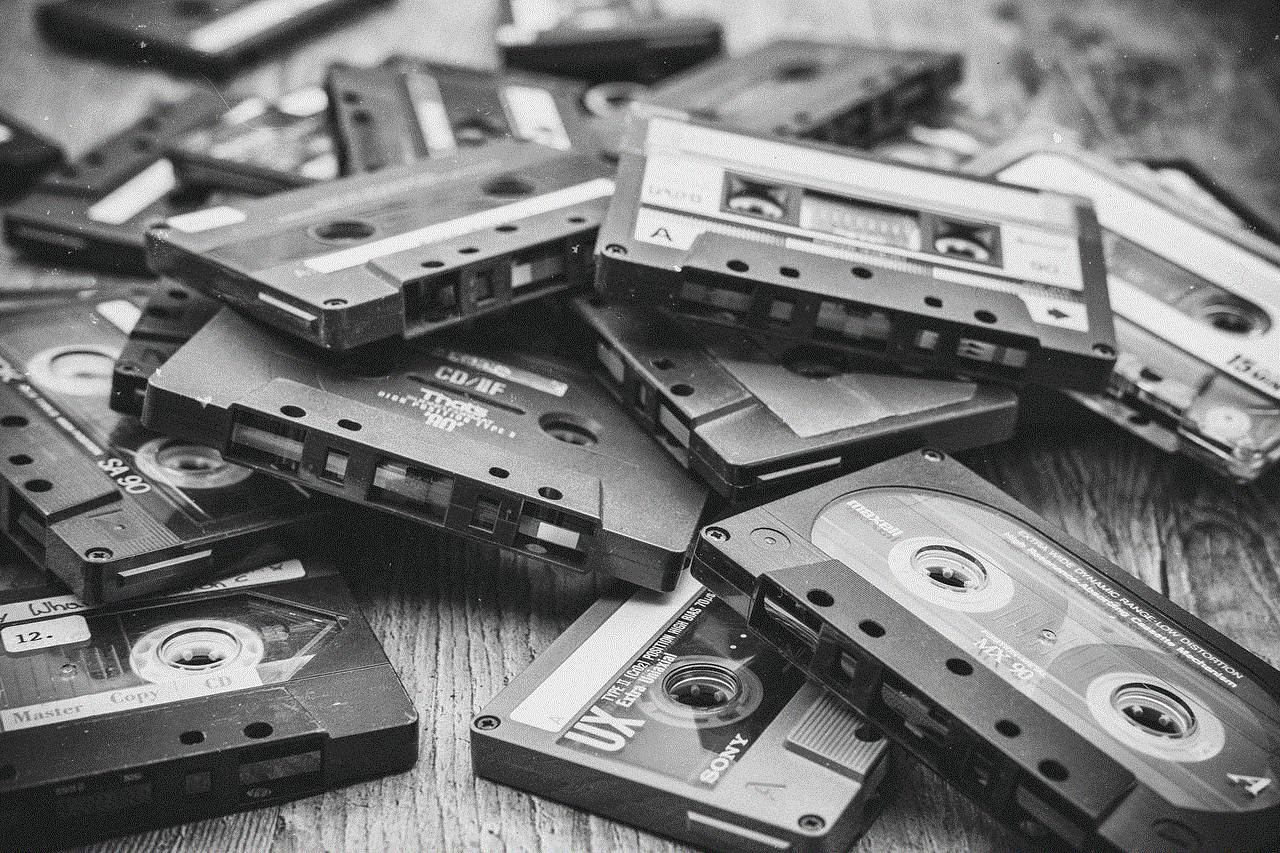what is gacha game
Gacha games have become increasingly popular in recent years, attracting millions of players from all around the world. These types of games offer a unique gaming experience, combining elements of traditional role-playing games with a collectible card game mechanic. But what exactly is a gacha game, and why have they become so popular? In this article, we will delve into the world of gacha games, exploring their history, mechanics, and the controversies surrounding them.
History of Gacha Games
The term “gacha” originated in Japan in the early 2000s, referring to a type of vending machine that dispensed small toys in capsules. These toys were often based on popular anime and manga characters, and the machines became a huge hit among children. The word “gacha” comes from the sound the machine makes when the handle is turned, similar to the sound of a crank.
In 2012, the first gacha game, Puzzle & Dragons, was released in Japan by GungHo Online Entertainment. The game combined puzzle gameplay with collecting and evolving monsters, using the gacha mechanic to obtain new monsters. It quickly became a massive success, grossing over $7 billion in revenue by 2018. This success sparked the interest of other game developers, and soon, gacha games started popping up on mobile app stores.
Mechanics of Gacha Games
The core mechanic of gacha games is the gacha system, in which players use in-game currency or real money to obtain randomized virtual items. These items can range from characters, weapons, items, and other collectibles, each with different rarities and attributes. The randomness of the gacha system is what makes these games so addictive, as players are constantly chasing after rare and powerful items.
Most gacha games offer various ways to obtain in-game currency, such as completing daily quests, participating in events, or purchasing it with real money. The more currency a player has, the more chances they have to pull the gacha and get the desired item. However, since the system is randomized, there is no guarantee that players will get what they want, leading to the infamous term “gacha hell.”
Types of Gacha Games
There are several types of gacha games, each with its unique gameplay and mechanics. Some of the most common types include:
1. RPG Gacha Games
These games combine traditional role-playing game elements with the gacha mechanic. Players collect characters or monsters to form a team and battle against enemies. The characters can be leveled up and evolved using in-game resources obtained through gacha pulls.
2. Collectible Card Game (CCG) Gacha Games
CCG gacha games focus on collecting and evolving virtual cards featuring characters or creatures. Players can use these cards to battle against other players or complete quests and challenges. The gacha mechanic is used to obtain new cards, with higher rarity cards having more powerful abilities.
3. Gacha Life Games
Gacha Life is a popular mobile gaming app that allows players to create their anime-style characters and dress them up with various outfits and accessories. The gacha mechanic is used to obtain new clothing and accessories for the characters, allowing players to customize their looks.
Controversies Surrounding Gacha Games
Despite their popularity, gacha games have faced criticism and controversies over the years. One of the main criticisms is the addictive nature of the gacha mechanic, which can lead to players spending large amounts of money to obtain rare items. This has sparked concerns about the potential for gambling-like behavior, especially among younger players.
In some countries, such as Japan and China, there have been calls for stricter regulations on gacha games to prevent children from overspending. Some game developers have also implemented features like “pity rates,” which increase the chances of getting a rare item after a certain number of pulls, to address these concerns.
Another controversy surrounding gacha games is the “whale” culture, where a small percentage of players spend large amounts of money to obtain rare items. This creates a significant power gap between paying and non-paying players, making it difficult for the latter to compete. This has led to accusations of pay-to-win mechanics and unfair advantages for paying players.
However, some argue that gacha games are no different from other forms of entertainment, such as collectible card games or trading card games, which also involve a level of randomness and spending money to obtain desired items. It is up to the players to manage their spending and not fall into the trap of overspending to chase after rare items.
Future of Gacha Games
Gacha games show no signs of slowing down, with new titles being released regularly and existing games constantly updating with new content. The global gacha game market is estimated to reach $50 billion by 2025, driven by the increasing popularity of mobile gaming and the rise of microtransactions.
Some game developers are also experimenting with new gacha mechanics, such as the “spark system,” where players can save up a certain number of pulls to guarantee a specific item, reducing the element of randomness. This could potentially address some of the controversies surrounding gacha games and make them more appealing to players.
In conclusion, gacha games have come a long way since their humble beginnings in Japan. They offer a unique gaming experience, combining elements of traditional RPGs with a collectible mechanic that appeals to players’ desire for rarity and customization. While they have faced criticism and controversies, gacha games continue to thrive, and their future looks bright. As long as players are aware of the potential risks and manage their spending, gacha games can provide hours of entertainment and a sense of satisfaction when pulling that coveted rare item.
does facetime notify screen recording
Facetime is one of the most popular video and audio calling applications available for Apple devices. It allows users to make free audio and video calls to other Apple users, regardless of their location. With its simple and user-friendly interface, Facetime has become a preferred choice of communication for millions of users worldwide. However, with the growing concern over privacy and security, many users are curious to know if Facetime notifies screen recording.
The answer to this question is both yes and no. While Facetime does not have a built-in feature to notify users when someone is recording the call, there are other ways to determine if the call is being recorded. In this article, we will explore all the aspects of Facetime screen recording and how it affects the privacy and security of its users.
What is Facetime?
Facetime is a video and audio calling application developed by Apple Inc. It was first introduced in 2010 and is available for all Apple devices, including iPhone, iPad, and Mac. Facetime uses the internet connection to make audio and video calls to other Apple users, making it a cost-effective way to stay connected with friends and family.
Apart from individual calls, Facetime also supports group calls of up to 32 people, making it an ideal choice for virtual meetings and conferences. With its high-quality video and audio, Facetime has become a popular choice for long-distance communication, especially during the pandemic when physical gatherings are restricted.
Facetime also offers other features such as end-to-end encryption, which ensures that all the calls are secure and private. It also allows users to switch between the front and back cameras, mute the microphone, and add filters during the call.
Does Facetime Notify Screen Recording?



As mentioned earlier, Facetime does not have a built-in feature to notify users when their call is being recorded. However, there are certain indicators that can help users determine if their call is being recorded. Let’s take a look at them.
1. Red Dot Indicator
When a Facetime call is being recorded, a red dot appears on the top right corner of the screen, indicating that the recording is in progress. This red dot is visible to all the participants in the call, including the one who is recording. However, the red dot is not very noticeable and can easily go unnoticed, especially if the call is in full-screen mode.
2. Recording Banner
If the call is being recorded on an iPhone or iPad, a banner appears at the top of the screen, informing the users that the call is being recorded. This banner is only visible to the person who initiated the call, and it disappears after a few seconds. Moreover, the recording banner is not visible during group calls, making it difficult for other participants to know if their call is being recorded.
3. Third-Party Screen Recording Apps
Another way to determine if a Facetime call is being recorded is by using third-party screen recording apps. These apps allow users to record their screen without any notification to the other participants. Some popular screen recording apps include AZ Screen Recorder, DU Recorder, and Mobizen Screen Recorder.
4. Background Noise and Call Quality
If someone is trying to record a Facetime call using an external device, such as a camera or a microphone, the background noise and call quality may change. This can be a clear indication that the call is being recorded, as the audio and video quality may differ from the usual Facetime calls.
5. Manual Notification
Lastly, the person recording the call may choose to manually notify the other participants that the call is being recorded. This can be done by simply informing them before starting the recording or by sending a message during the call. However, this is not a common practice, and most people do not notify others before recording the call.
Is Facetime Screen Recording Legal?
The legality of screen recording Facetime calls depends on the laws and regulations of the country or state you are in. In some places, it is legal to record a call with the consent of all the participants, while in others, it is illegal to record a call without the consent of the other person.
In the United States, the laws regarding recording calls vary from state to state. Some states require the consent of all the participants, while others allow one-party consent, meaning only one person needs to give consent for the call to be recorded.
In the United Kingdom, it is legal to record a call if the recording is for personal use. However, if the recording is to be used for any other purpose, such as in a court of law, it is illegal to do so without the consent of all the participants.



In countries like Germany, France, and Italy, it is illegal to record calls without the consent of all the participants. Violating these laws can result in severe penalties, including fines and imprisonment.
Therefore, it is important to know the laws and regulations of your country or state before recording any Facetime call. It is always better to inform the other participants and get their consent before recording the call to avoid any legal complications.
Privacy Concerns with Facetime Screen Recording
While Facetime does offer end-to-end encryption, which ensures that the calls are secure and private, screen recording can still raise privacy concerns. If someone records a Facetime call without the consent of the other participants, it can be a violation of their privacy.
Moreover, if the recording is shared with a third party or uploaded on the internet without the consent of the other participants, it can have serious consequences. It can lead to the leakage of sensitive information, personal conversations, and even blackmailing.
To ensure the privacy and security of its users, Apple has strict guidelines for developers of third-party screen recording apps. These guidelines state that the apps must clearly disclose their recording capabilities and obtain the consent of the user before recording the screen. However, it is not possible to monitor all the apps on the App Store, and some may still violate these guidelines.
How to Protect Yourself from Facetime Screen Recording
To protect yourself from Facetime screen recording, here are some tips you can follow:
1. Be cautious while accepting calls from unknown numbers or people you do not trust.
2. If you notice any background noise or change in call quality, ask the other person if they are recording the call.
3. Do not share any sensitive information during a Facetime call, especially if you are not sure who else is on the call.
4. If you suspect that your call is being recorded, end the call immediately.
5. Keep your Facetime up-to-date, as the latest versions often have improved security features.
6. Avoid using third-party screen recording apps while on a Facetime call.
Conclusion



In conclusion, Facetime does not have a built-in feature to notify users when their call is being recorded. However, there are certain indicators that can help users determine if their call is being recorded. While screen recording Facetime calls may not be illegal in some countries, it can still raise privacy concerns. It is always best to inform the other participants and obtain their consent before recording a call. Moreover, it is important to be cautious while accepting calls from unknown numbers or people you do not trust. By following these tips, you can protect yourself from any potential privacy violations while using Facetime.